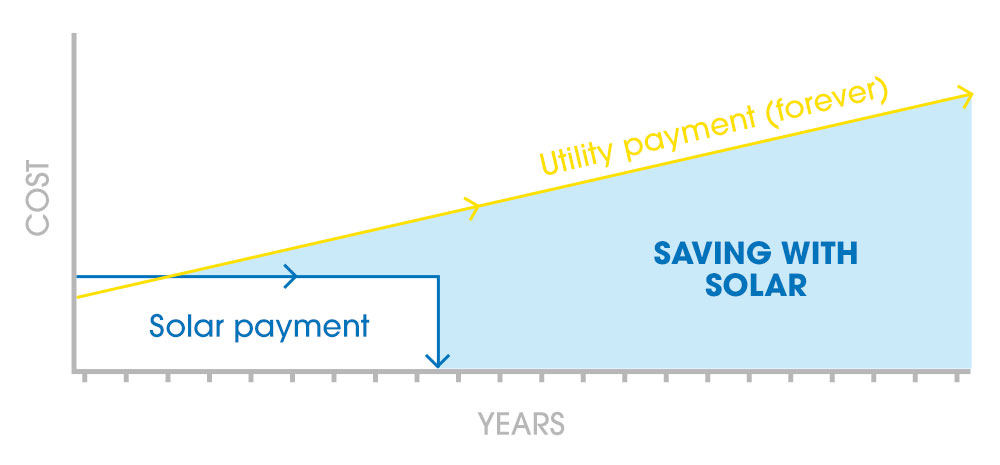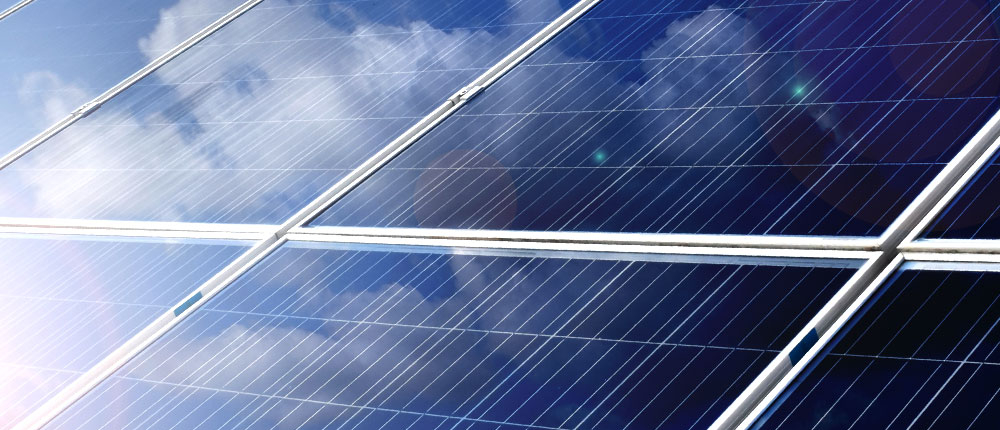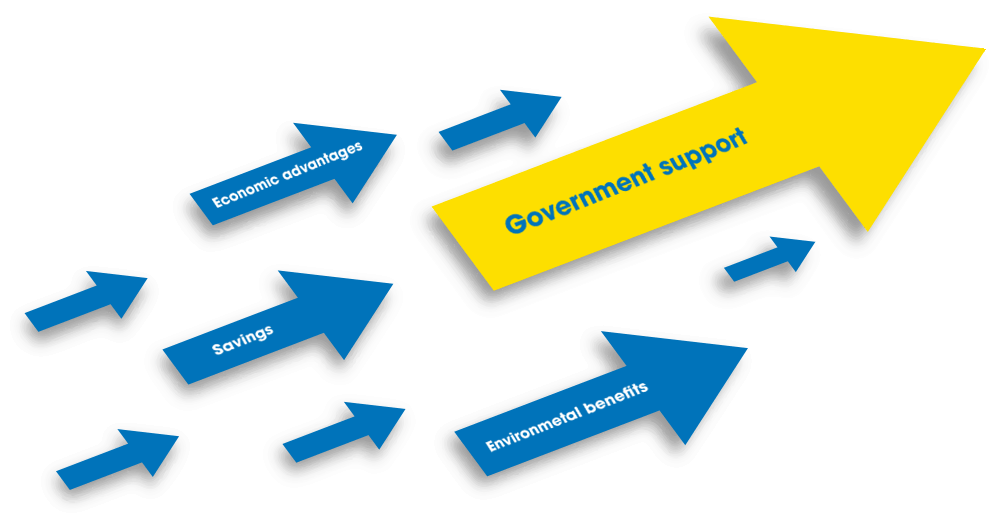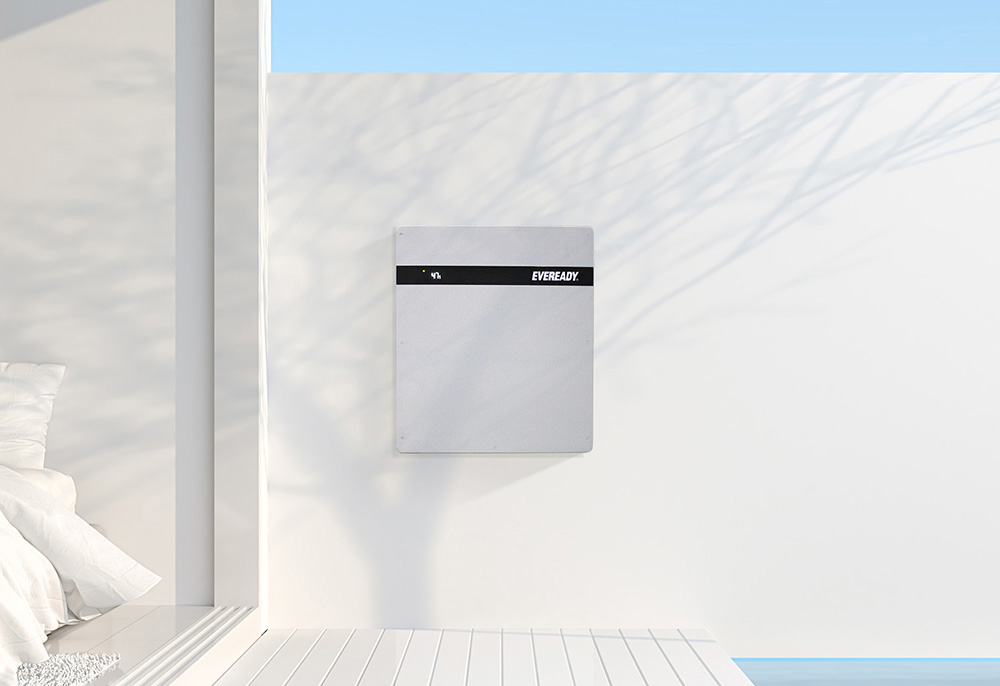In the world of renewable energy, solar batteries play a pivotal role. They store the energy harnessed by solar panels, allowing for a consistent power supply even when the sun isn’t shining. However, like all solar power system components, they require regular maintenance to function at their best. This blog post aims to provide solar battery users with essential maintenance tips to ensure their systems remain efficient and effective.
Regular Inspection and Cleaning
One key aspect of maintaining a solar battery system is regular inspection and cleaning. It’s crucial to check for any signs of damage or wear that could impact the system’s performance. The battery terminals, in particular, need to be kept clean and free from dust and corrosion. A clean connection ensures optimal performance and longevity of the batteries.
Monitoring charge levels and utilising a charge controller can significantly help maintain the battery at its ideal charge state
Ensuring Proper Charging
Proper charging is vital for the health of solar batteries. Avoid overcharging or undercharging, as either extreme can harm the battery’s lifespan and efficiency. Monitoring charge levels and utilising a charge controller can significantly help maintain the battery at its ideal charge state, ensuring long-term health and efficiency.
Ideal Storage Conditions
The environment in which solar batteries are stored significantly affects their lifespan and efficiency. Batteries should be kept in a space with controlled temperature and humidity levels. Extreme temperatures and moisture can lead to decreased battery efficiency and a shorter lifespan, so maintaining an ideal storage environment is crucial.
Balanced Usage and Load Management
It’s essential to manage the energy load effectively to prevent overloading the solar battery system. This involves using energy-efficient appliances and being mindful of the overall power consumption. Balanced usage ensures the batteries are not subjected to unnecessary stress, extending their lifespan.
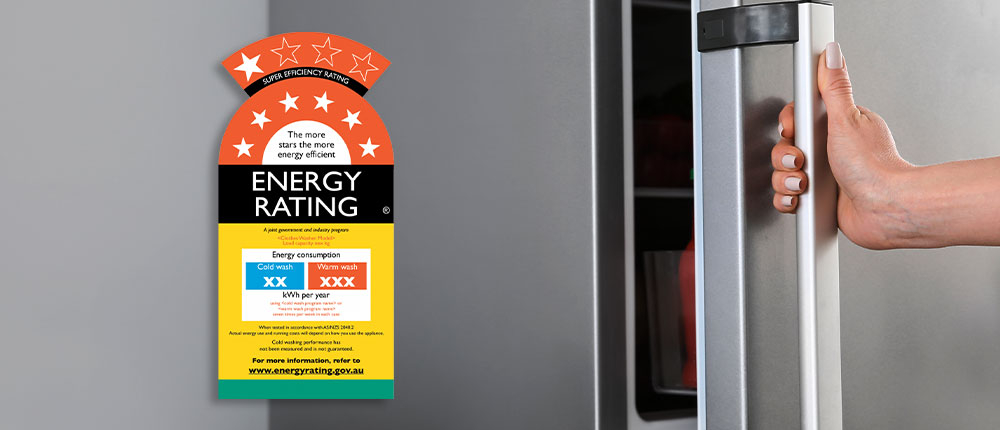
Periodic Performance Checks
Periodic professional check-ups are recommended to assess the health of solar batteries. These checks can help detect potential issues early, allowing for timely interventions that can save costs and extend the battery’s life.
Updating Your System
It is also crucial to stay updated with the latest solar battery technologies and software updates. These updates can improve the system’s efficiency and functionality. Consulting with experts for system upgrades can provide significant benefits in the long run.
Understanding Your Solar Battery’s Life Cycle
Understanding the typical lifespan of solar batteries and how proper maintenance can maximise this lifespan is essential for users. This knowledge helps plan replacements and upgrades, ensuring the solar system remains efficient throughout its use.
In conclusion, regular maintenance of solar batteries can help maintain the efficiency of a solar power system. By following these tips, users can ensure their system operates at peak efficiency for as long as possible.
For professional advice and services, the Solar Battery Group is always available to assist with all your solar battery needs.
Do not hesitate to contact the Solar Battery Group for more information or assistance with your solar battery system. Our team of experts is always ready to provide you with the best solutions for your solar energy needs.


